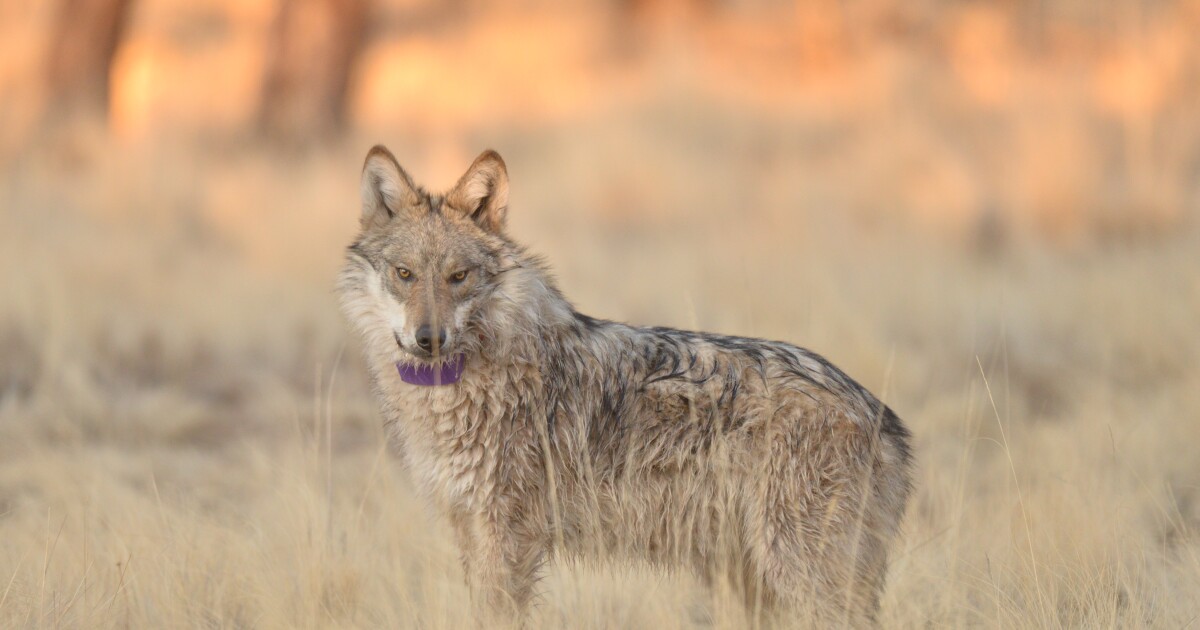Controversy swirls around the construction of the largest lithium mine in the U.S., as environmentalists and Indigenous groups express concern over its impact on local ecosystems. Situated in Nevada, the Thacker Pass mine has sparked debate over its environmental implications, especially regarding groundwater levels and a potentially endangered snail species.
Activists from the Western Watersheds Project and People of Red Mountain are calling on the U.S. Interior Department to investigate potential groundwater depletion linked to the mine, which they fear could threaten the Kings River pyrg, a small snail at risk of extinction. This concern arises in light of new data suggesting a significant drop in the water table near the mine.
No water, no snail
The Kings River pyrg, a snail no larger than a grain of rice, inhabits 13 isolated springs in the area surrounding Thacker Pass. The species’ survival is precariously tied to these water sources, and any reduction in groundwater could be catastrophic. Paul Ruprecht, Nevada Director for Western Watersheds Project, warns, “Even slight disruptions to its habitat could cause springs to run dry, driving it to extinction.”
Despite these concerns, the U.S. Fish and Wildlife Service has yet to act on a 2022 petition to list the snail as threatened or endangered, prompting criticism from environmentalists. The delay in ruling on the snail’s status has raised questions about compliance with the Endangered Species Act.
Poised to lead in lithium production
The Thacker Pass mine is a critical component of the push toward increased electric vehicle production in the United States. President Joe Biden’s energy strategy prioritizes the expansion of electric vehicles, and the U.S. Energy Department endorsed this goal by approving a loan of over $2 billion to help fund the mine’s construction. Additionally, Lithium Americas has entered a joint venture with General Motors Holdings LLC to develop the site.
While the mine is set to become the largest of its kind in the U.S., other projects are also in the works, including Ioneer’s Rhyolite Ridge near the Nevada-California border and another proposed venture by Surge Battery Metals USA in northeastern Nevada.
Monitoring groundwater
Monitoring the impact of the mine on groundwater levels remains a contentious issue. Reports suggest that Lithium Americas has lost access to monitoring wells on private lands, complicating efforts to assess the situation. The Bureau of Land Management had previously acknowledged potential groundwater reductions but anticipated they wouldn’t occur for decades.
Tim Crowley, a spokesman for Lithium Americas, argues that the mine’s opponents are revisiting issues already addressed in court. He cites a decade of company data indicating that the Kings River pyrg would not be adversely affected by the project.
—
Read More Arizona News










